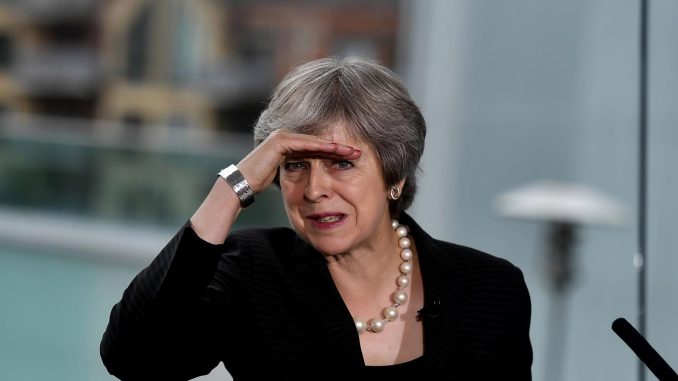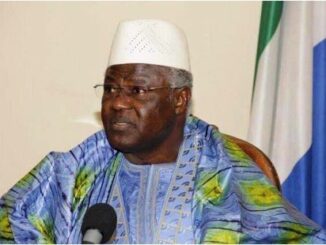
By Yomi Kazeem
As the UK prepares for life after Brexit, prime minister Theresa May is leading a charm offensive to Africa this week.
With a delegation that includes the UK trade minister and minister for Africa, the British leader will visit three of Africa’s largest economies, South Africa (Aug. 28), Nigeria (Aug. 29), and Kenya (Aug. 30). May will be the first UK prime minister to visit Kenya in more than three decades and the first to visit Sub-Saharan Africa since 2013.
The visit, described as ”a unique opportunity at a unique time,” has a very clear purpose: “As we prepare to leave the European Union, now is the time for the UK to deepen and strengthen its global partnerships,” May said.
As it is already late to the party in Africa, following increased efforts from China and the United States in recent years, the UK is making the pitch for a “renewed partnership” with “mutual benefits.” It says it will work “side by side” with partners on the continent to “maximize shared opportunities.”
Those sentiments appear to be particularly veiled references to contrast China’s activity on the continent which has been branded as “debt trap diplomacy” and criticized for encouraging dependency. In Kenya, for example, debt to China has grown tenfold in five years.
May will need to make a strong impression on Kenya’s president, Uhuru Kenyatta, who is also meeting leaders from China and the US this week. In addition to trade talks, May will be pledging more military support as Kenya continues to battle the insurgent group Al-Shabaab. But the prime minister also is likely to face questions on the UK’s ban on khat—the stimulant leaf widely chewed across East Africa.
May’s trip also will be laced with some history. While in Cape Town, she will present South African president Cyril Ramaphosa with the bell of the SS Mendi, a British ship that sank in the English Channel in 1917 while carrying more than 600 South African soldiers.


